Current Labs
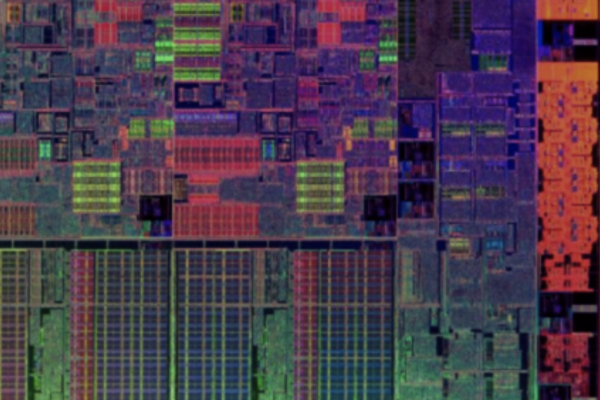
The Computer Architecture lab is dedicated to the engineering of machines that learn faster, compute more efficiently, operate safer, program easier, and integrate more responsibly. It aims to be an inviting and interdisciplinary space to rethink what a computer system can be.
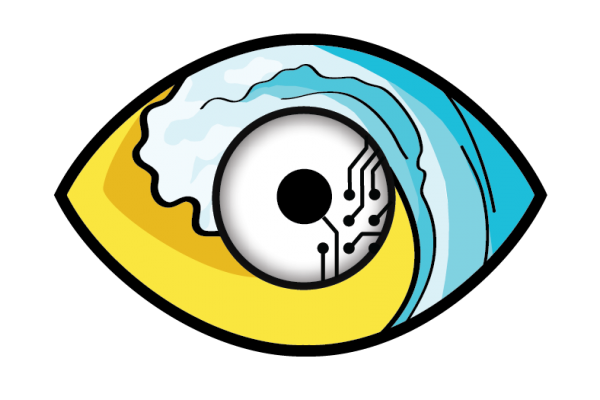
The Bionic Vision Lab is an interdisciplinary group that combines expertise in computational neuroscience, neuroengineering, and human-computer interaction. The lab’s particular focus is on bionic vision, in which brain-computer interfaces serve as a tool to study the neural mechanisms of visual perception in people with vision loss, with the ultimate goal of restoring useful vision to people who are blind.
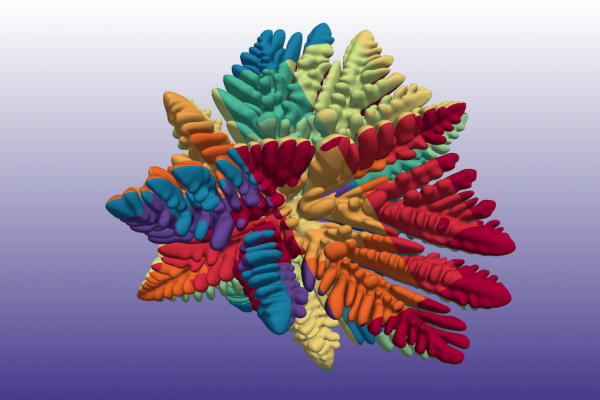
The research of Professor Gibou is at the interface between Computational and Engineering Sciences. It is focused on the design of high resolution computational methods for large scale computations and their use for a variety of applications including Computational Materials Science, Computational Fluid Dynamics and Computational Biology.
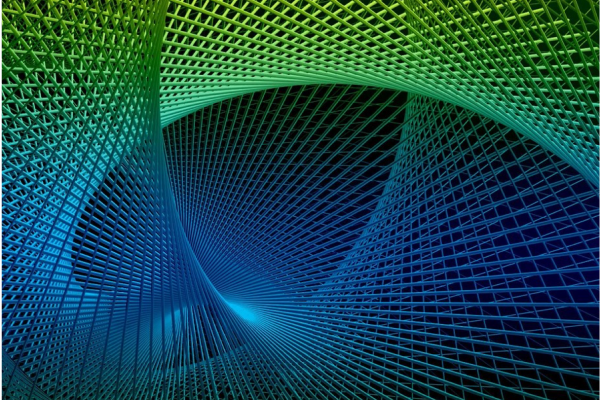
Focus on mathematical modeling and machine learning, applied to networked systems in biology and medicine. Current projects include development of algorithms and software for both simulation and inference of discrete stochastic systems, uses of machine learning applied to medical data to improve the care of trauma patients, mathematical modeling of brain processes in migraine, unraveling neural communication in learning, inference of network structure of communities of neurons, and mathematical modeling of the process of cell polarization.
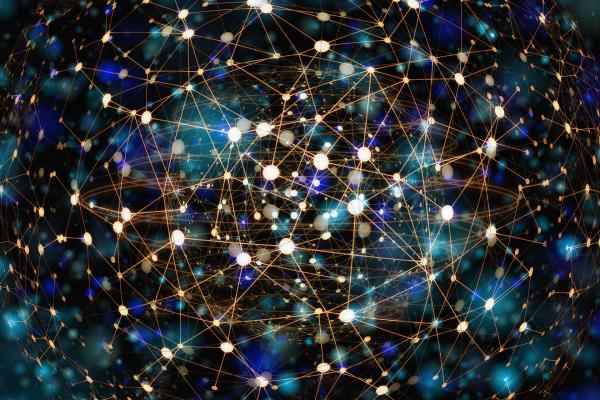
The CS Theory Lab focuses on foundations of computer science, areas of study include, but are not limited to, algorithms and data structures, complexity theory, randomness and computing, graph theory, computational geometry, statistical physics and quantum computing.
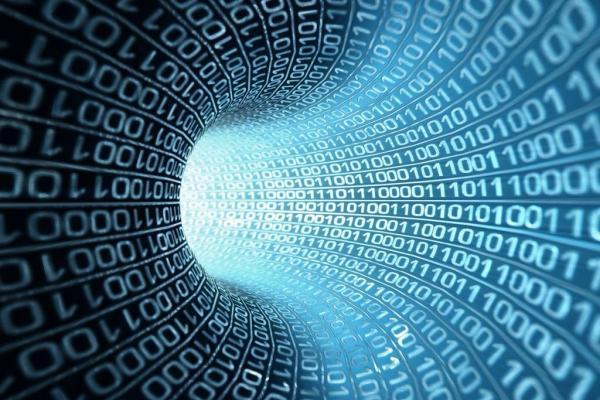
DSL conducts research investigations broadly in the areas of databases, distributed systems, large-scale infrastructures encompassing cloud computing, datacenter technologies, and big data. During its existence DSL has imparted research training to a large number of students including PhDs, Masters, and undergraduate students.
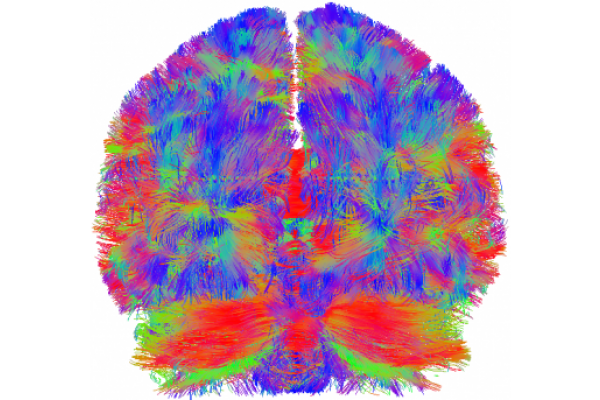
Our research focuses on machine learning and data mining, social networks, brain networks, and bioinformatics.
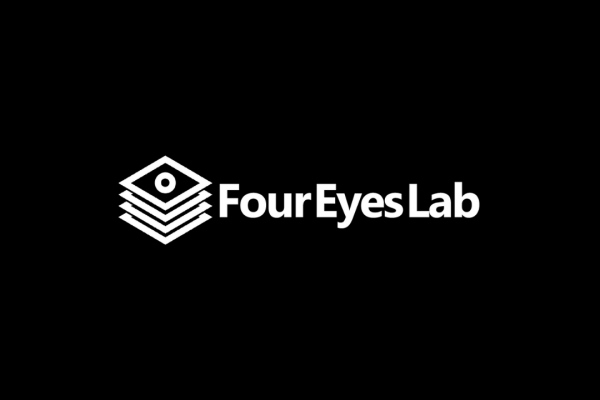
Our research focus is on the "four I's" of Imaging , Interaction, and Innovative Interfaces. The lab is directed by Professor Tobias Höllerer.

UCSB's GameLab provides a supportive and educational environment for students to pursue their creative endeavors in game development and learn more about the development of games. We welcome people of all skills and skill levels who are interested in any aspect of game development, whether it be programming, art, writing, sound design, production, or the many other fields that go into crafting great games.
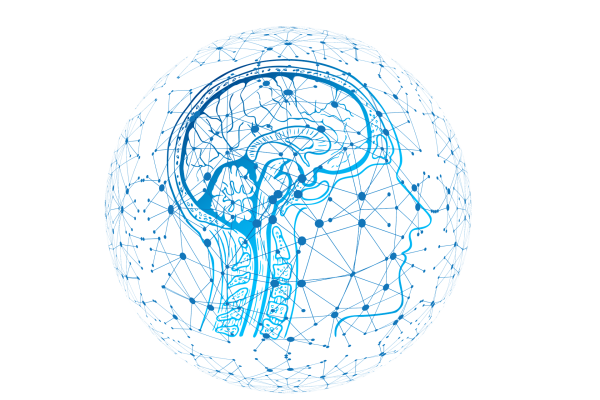
Advancing machine learning theory, algorithms and applications.

The MOMENT Lab focuses on two areas of research: mobile networking, and information and communication technologies for development (ICTD). In many projects, we apply our nearly two decades of expertise in mobile and wireless networking to solve problems in ICTD. Within this space, the MOMENT lab works on the development of network solutions, primarily but not exclusively wireless, suitable to the constraints of developing and underdeveloped regions of the world.

The UC Santa Barbara NLP group studies the theoretical foundation and practical algorithms for language technologies. We tackle challenging learning and reasoning problems under uncertainty, and pursue answers via studies of machine learning, deep learning, and interdisciplinary data science. Broadly, we are interested in designing scalable inference and learning algorithms to analyze massive datasets with complex structures.
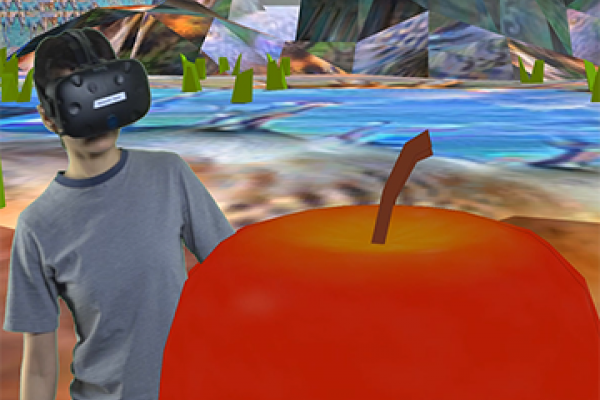
As AI transitions from passive tools to adaptive agents and XR redefines our embodied interactions, the boundary between digital and physical worlds is dissolving. This shift presents unprecedented opportunities to rethink human-AI collaboration. How do we design novel interfaces that move beyond prompts and commands? What new collaboration paradigms emerge when AI becomes an active participant in creative, analytical, and decision-making processes?
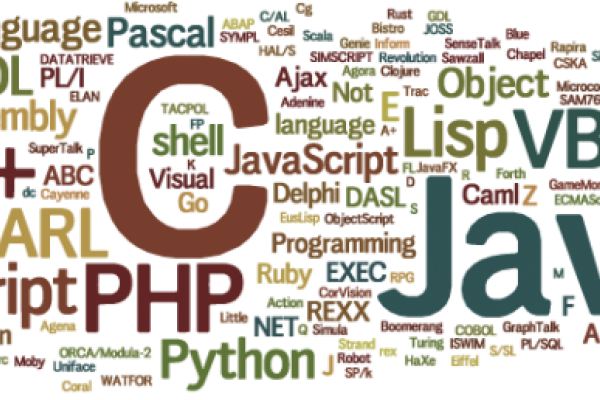
Investigating the design, analysis, and implementation of Programming Languages.
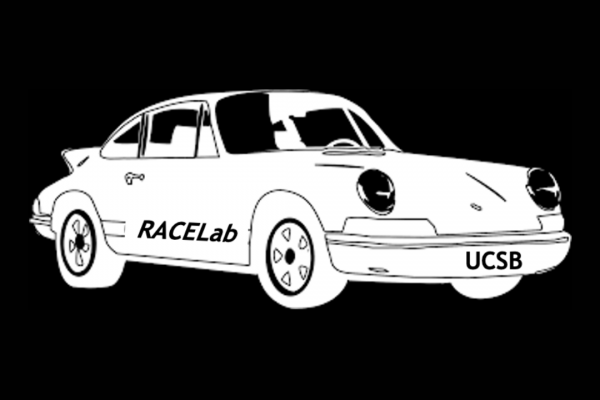
Our research interests include programming systems, edge/cloud computing and services, cyber-physical and Internet of Things (IoT) deployments, distributed/resilient systems, resource constrained devices, high-performance computing, AI/ML and data analysis systems, monitoring and adaptive optimization, energy/carbon efficiency, privacy and security for IoT/CPS, and applications in digital agriculture, meteorology, and ecology.
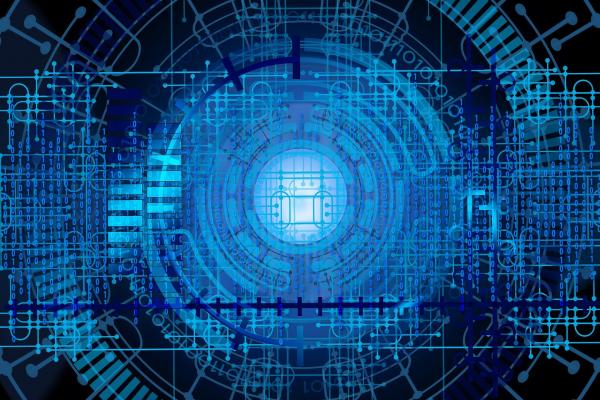
SEAL research focuses on, but not limited to, electronic design automation, computer architecture, compiler, programming langauage, and systems design. Current research projects include domain specific accelerator, novel memory architecture, interconnect architecture, heterogeneous system architecture, and novel programmming system designs for quantum computing and machine learning.

Research conducted includes web search, information retrieval and mining.

The Computer Security Group at UCSB works on tools and techniques for designing, building, and validating secure software systems. The group's research focus is on vulnerability analysis, cloud security, malware and the underground economy, smartphone and IoT security, and the security of web-based applications.
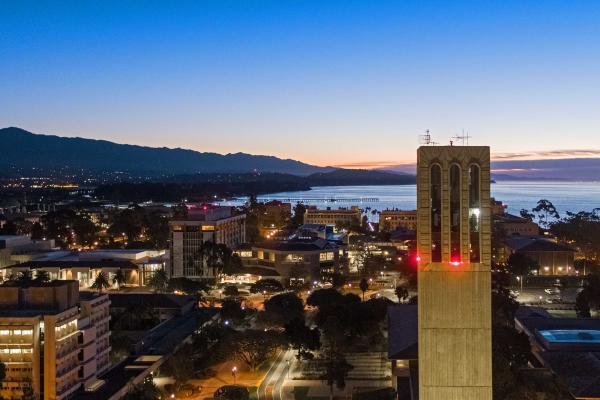
UCSB Systems and Networking Lab builds state-of-the-art computer systems, especially those focused on autonomous network management and privacy protection. The group's research interests are in computer systems and networking. A particular focus is on problems in systems and networking that intersect with machine learning and privacy. We are working on self-driving networks, which studies how machine learning can be applied to automate network-management tasks at scale.
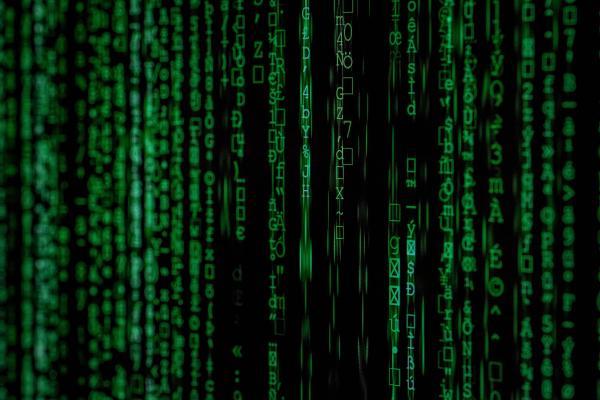
Research at VLab focuses on automated verification techniques and their application to software in order to improve software security and dependability.